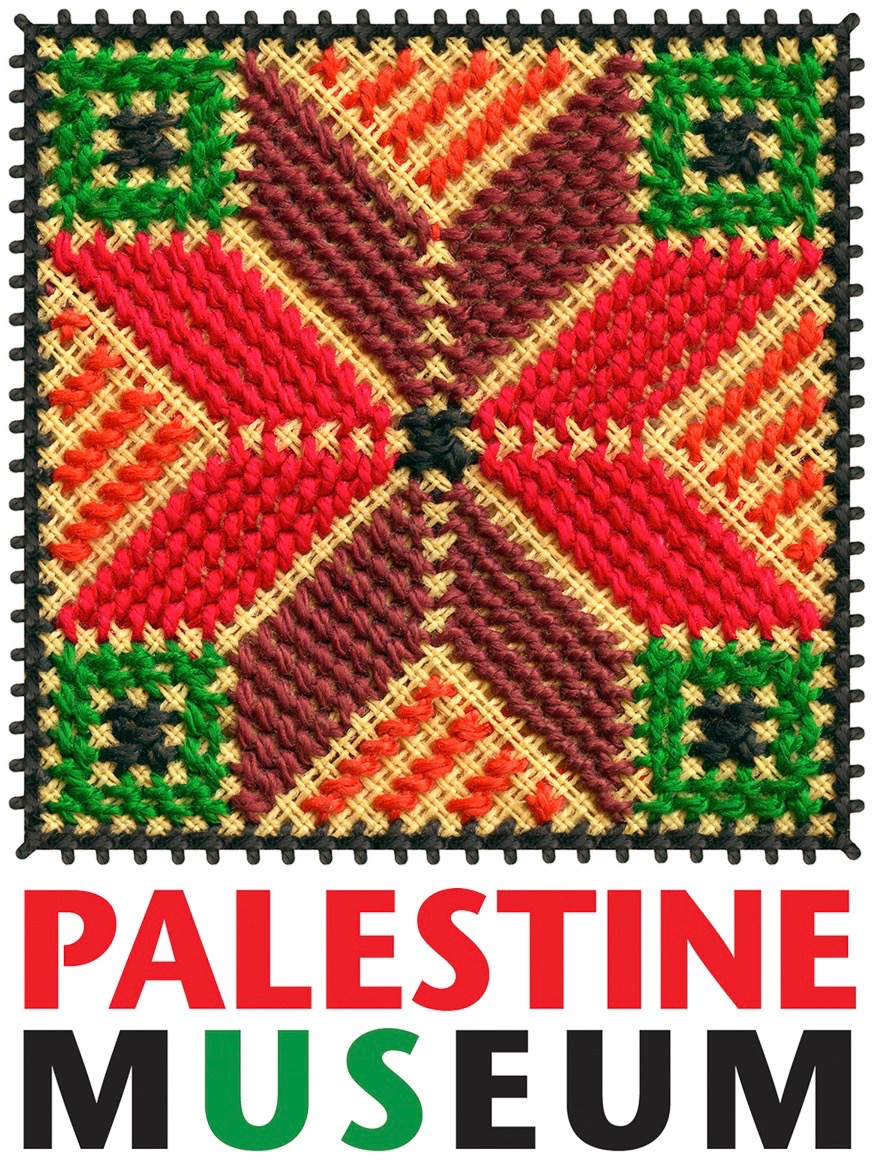Faisal Saleh, Entrepreneur & Founder of Palestine Museum US
Entrepreneur turned museum founder Faisal Saleh is opening an ambitious multimedia museum that will serve as a hub for Palestinian art, literature, and culture.
Palestine Museum US opens in April 2018 in Woodbridge, Connecticut. Faisal Saleh, the visionary businessman behind the museum, describes the new venue and nonprofit organization as “one of the most ambitious media projects for Palestine in North America.” After 40 years of entrepreneurial work in employee benefits, magazine publishing, and software development, Saleh decided to focus his formidable drive on creating an institution where, in his words, “Palestinian artistic achievement is celebrated as part of the rich diversity of people and cultures that make up the United States.”
Featured works at the museum will include the abstract compositions of globally renowned, New York-based Samia Halaby, the boldly expressionistic art of Mohamed Saleh Khalil, the deeply evocative, calligraphic mixed media of Manal Deeb, and the viscerally riveting portraits of emerging talent Malak Mattar—a self-taught, eighteen-year-old artist from Gaza. In addition to spotlighting visual artists, Saleh says the museum will also showcase “historical artifacts and clothing, literary arts, historic and new photography, digital media, and live performance.” Saleh’s commitment to a rich, multifaceted experience of the arts for the museum audience is reflected in the grand opening ceremony, which will include a live concert in the galleries featuring oudist Nizar Rohana and violinist Layale Chaker.
Born in 1951, Saleh is the youngest of eleven children. His mother gave birth to him in the family’s crowded, rented room in El Bireh—a stark contrast to the comfortable home the family had enjoyed in Salama, a Palestinian village five miles east of Jaffa. In Salama, Saleh’s father, Ahmad Saleh, was a well-established landowner and farmer, with flourishing orange groves and banana trees. But in 1948, the Saleh family fled Salama following months of fighting between Zionist forces and village defenders. They were among the 700,000 Palestinians who were left homeless by the creation of the state of Israel. For Palestinians, this was the Nakba—the life-changing catastrophe. After settling in El Bireh, Faisal’s father was able to secure employment with the International Red Cross. When the IRC ended emergency relief operations in Palestine, he then started working for the Jordanian civil service that governed the West Bank at the time. With the meager wages he earned, supplemented by monthly UNRWA rations, he and his wife eked out a living and managed to raise and educate eleven children.
Faisal Saleh has the old account book from Salama that belonged to his father. This book is filled with handwritten notes and accounts of money owed to vendors, and due from customers and exporters. Saleh also has his father’s passport, with over 30 pages filled with border stamps from the years 1947 and 1948. Flipping through it, exit and entry visas for countries such as Egypt, Trans Jordan, Lebanon, and Syria leap to the eye. Ahmad Saleh, along with a handful of other Palestinian citizen-ambassadors, traveled to these countries to appeal to Arab governments leaders for assistance in defending Palestinian towns and villages against Zionist attacks.
As a teenager, Saleh grew up against the backdrop of continuing Palestinian resistance to encroaching Israeli domination, Jordanian iron-fisted rule over the West Bank, and the 1967 war. He excelled in school, ranking first in class for eleven years straight. Just before his senior year of high school, he traveled on full scholarship to the United States to complete his diploma at George School in Pennsylvania. He went on to receive a Bachelor’s degree from Oberlin College in 1974, also completing an MBA at the University of Connecticut. He has lived in the United States since then, marrying and raising a family.
In 1968 Saleh accompanied his parents on their first visit back to Salama since 1948. This was Saleh’s first—and only—visit to his family’s original village. Saleh explains, “We were in Salama for only about five minutes. When my parents saw the property they’d lost 20 years earlier, they were overcome with grief and decided to leave.” The area is now primarily inhabited by Jewish immigrants from Morocco. According to historian Walid Khalidi, all that remains of the original village is a shrine built for Salama Abu Hashim (the village’s namesake; he was a companion to the prophet Mohammad), the village school, and ten of the more than 800 houses that had once comprised the village of Salama.
One thing is clear: the museum is a labor of love for Saleh. It is a project that Saleh hopes will endure beyond his lifetime and serve as a nexus of new connections for Palestinians. Saleh hails the launch of the first permanent Palestinian museum in the Americas as “a historic opportunity that entails a heavy responsibility that must be shouldered with great care and determination.” Part of this responsibility involves helping to provide a venue, and a viable market, for Palestinian artists who continue to create art under Israeli military occupation, severe economic conditions, and travel restrictions. More broadly, Saleh describes his vision for the museum as a cultural beacon that Palestinians around the world can be proud of.

